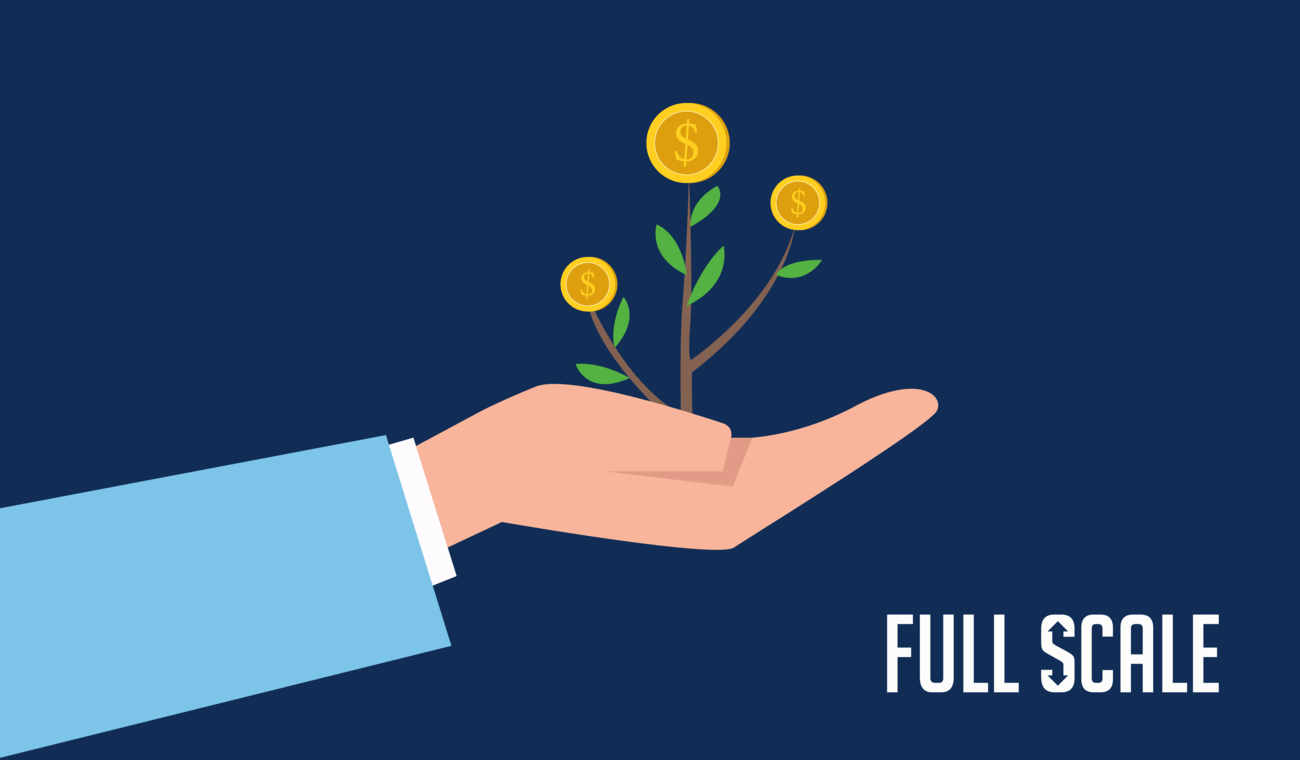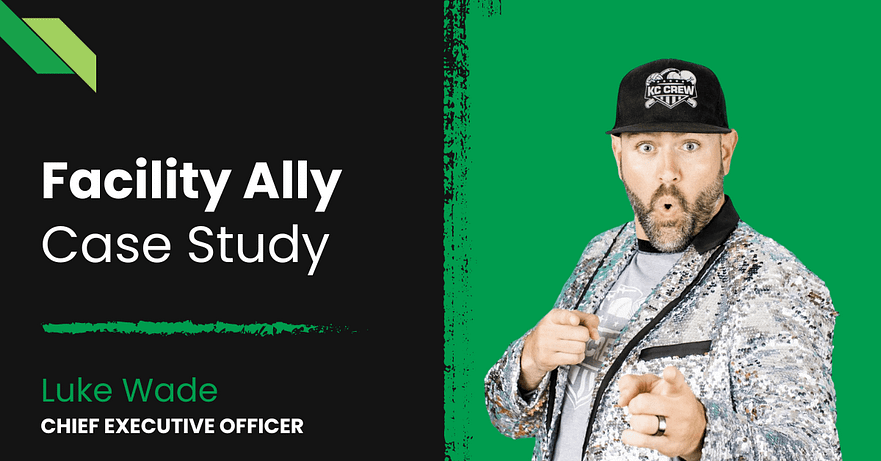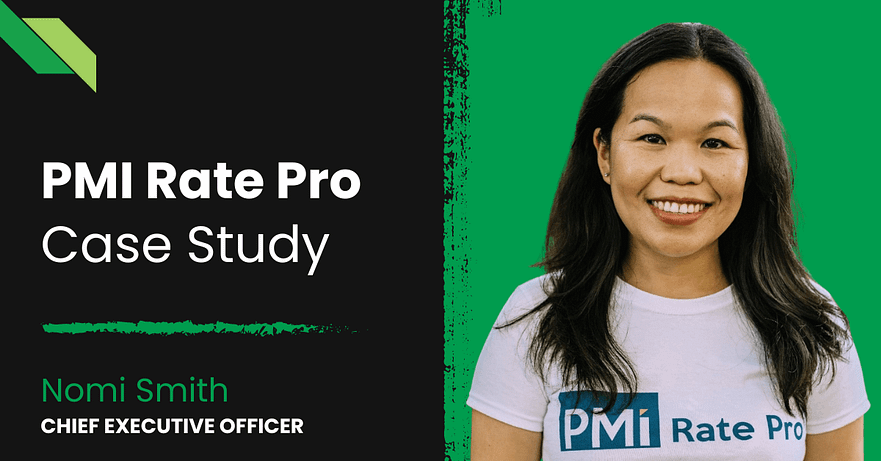Startup Valuation Explained
Are you raising capital or selling your shares to investors? In any case, it’s important to figure out your startup’s value first so you can get the right price when selling equities or fundraising. Here’s a roundup of the different startup valuation methods you can use.
As the world of entrepreneurship evolves, it spawned a new type of business in recent years called startups. Think of startups as a newborn business that starts with an idea and then grows by seeking funding and scaling.
Like other businesses, startups need capital to test their ideas, expand and hire more employees. To raise funds from potential investors, well, one needs to know a startup’s value. In other words, how much is it worth?
Knowing how startup valuation models work is essential for novice and seasoned founders. With barely enough capital, you can only go so far in mobilizing your idea. Your startup concept might spiral downwards without allowing it to take off. To avoid that, make sure to learn different startup valuation methods. These are some we suggest you try.
Related Video: Traits of Successful Entrepreneurs
Startup Valuation Methods
Cost-to-Duplicate Method
In this approach, you consider all expenses and costs linked to launching the startup and developing the product. Expenses such as the purchase of physical assets are taken into account to get its fair market value. Most expert investors may not likely invest beyond the assets’ market value, so this method is useful when searching for investors at the pre-revenue stage.
However, it comes with a few caveats. It does not consider the future potential of the startup. Nor does it include intangible assets (along with the tangible assets) like intellectual property, brand recognition, and goodwill. Even at an earlier stage, these intangible assets might have more to offer as far as startup valuation is concerned.
Berkus Method
The Berkus Method was created by Dave Berkus, an American angel investor. It attempts to assign an amount to every startup’s progress to get its business off the ground. Essentially, it employs quantitative and qualitative elements to measure valuation based on the five elements such as:
- Sound idea (basic value)
- Prototype (minimizes technology risks)
- Quality Management Team (minimizes execution risks)
- Strategic Relationships (decreases market risks)
- Product Rollout or Sales (decreases the product or financial risks)
A comprehensive assessment is done to evaluate how much all five key elements amount to the total value of the startup. Based on the quantitative outcome, the startup is then valued. As a startup valuation process, the Berkus method is also known as the Development Stage Valuation or Stage Development Method.

Market Multiple Method
The Market Multiple method is one of the go-to startup valuation methods. Venture capital investors choose this because it gives them an idea of how much the market is willing to pay for a startup. Hence, this method values a startup based on the current acquisitions of companies in similar markets.
To value a startup at an early stage, there needs to be a comprehensive forecast to assess its potential sales and profit once the business matures at a later stage of operations. Investors may fund businesses if they believe that the product or business model will work even before it generates actual money. While established companies are valued based on earnings, the startup’s value is calculated based on revenue multiples.
Hence, the Market Multiple approach offers value estimates that are roughly close to what investors are willing to pay. But there’s a downside. It can get quite challenging to find market transactions that you can compare. In a startup landscape, one may not always get the right companies in close comparisons. Deal contracts are primarily under the radar, especially in the early stages.
Venture Capital Method
It’s a startup valuation process that uses the startup’s approximate terminal value and expected returns for investors expressed as 10X, 8X, 9X, etc. The goal here is to arrive at the pre-money and post-money valuations.
A terminal value is a startup’s expected value on a particular date in the future. Additionally, a harvest year is when investors are expected to recoup their returns and exit their stake in the startup.
The VC valuation method needs pre-money valuation formulas; these are:
- Calculate startup’s terminal value in a harvest year
- To get the pre-money valuation, trace backward with the forecasted ROI and investment amount.
Moreover, it’s important to understand the Industry P/E ratio (price-to-earnings ratio). As a ratio for valuing a company, it calculates the prevailing share price relative to the per-share earnings (EPS). So, a P/E ratio of 3 means that a stock is priced at 3 per $1 earning.
To get the terminal value, you need:
- Forecasted revenue (harvest year)
- Forecasted profit margin (harvest year)
- Industry P/E ratio
Here’s the calculation for the terminal value:
- Terminal value = Forecasted revenue x Forecasted Margin X P/E ratio
- Terminal value = P/E ratio X Earnings
To compute for the second pre-money valuation formula, you need:
- Return on investment (ROI)
- Investment amount
The calculation for pre-money valuation is:
Pre-money valuation = terminal value/ROI – Investment amount.
Discounted Cash Flow Method
In the Discounted Cash Flow method, you determine the value of a startup by projecting its future cash flow. To get its present value, you discount it using a discount rate. A discount rate is a rate of return on the investment. The sum of the discounted cash flow will be the startup’s valuation. Since this valuation model is mostly dependent on assumptions, it needs historical data for it to work. Hence, many financial experts don’t use this method as much as the other examples.
Related Video: Slicing Up the Equity Pie
How much is your startup’s value?
To sum up, these are the widely accepted methods to use when valuing a startup. But as a word of caution, these startup valuation models are estimations. There’s no exact way to measure a startup’s value. However, the methods outlined above should give a clear picture of the things to expect when raising funds or selling shares of your company.
By putting some of these methods into practice, you discover the best startup value you deserve. These processes should help validate why your startup is worthing investing in.
If you need someone to teach you how to value your startup, we suggest you go with experts who have done it and succeeded. Experts like Matt DeCoursey and Matt Watson are startup gurus in the vibrant KC startup scene. They’re also the co-Founders of Full Scale, a software outsourcing firm that matches startup owners to top-tier software developers.
Get your FREE consultation today so we can bring your startup idea to scale.



